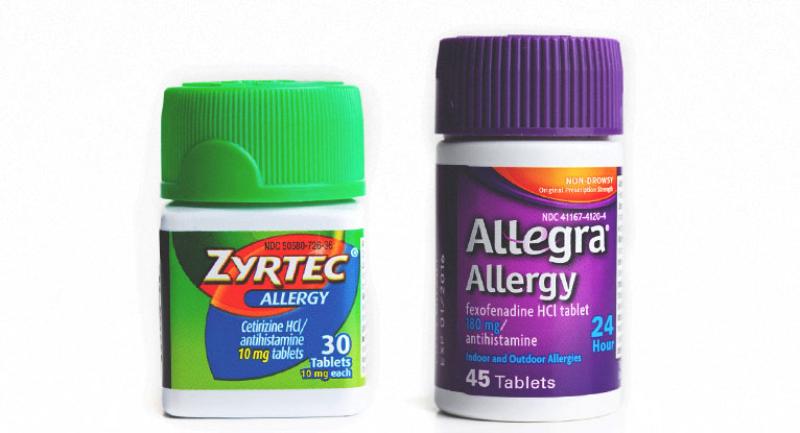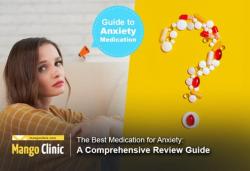Is it safe to take antihistamine for kids?
Antihistamines can be safe for children when used appropriately and under the guidance of a healthcare professional. However, it's crucial to consider several factors and follow recommended guidelines:
Age Appropriateness:
- Some antihistamines are not suitable for children under a certain age. Always check the age recommendations on the medication packaging or consult with a pediatrician.
Dosage:
- Ensure that the dosage is appropriate for your child's age and weight. Avoid using adult formulations without consulting a healthcare professional.
Formulation:
- Choose the appropriate form of the medication for your child's age. Liquid formulations or chewable tablets may be more suitable for younger children who may have difficulty swallowing pills.
Consultation with Healthcare Provider:
- Before giving any antihistamine to a child, consult with a pediatrician or healthcare provider. They can provide personalized advice based on your child's health, age, and specific symptoms.
Underlying Health Conditions:
- If your child has any underlying health conditions or is taking other medications, inform the healthcare provider. Certain medical conditions or drug interactions may affect the suitability of antihistamines.
Avoid Certain Ingredients:
- Be cautious of antihistamines that contain additional active ingredients, such as decongestants, which may not be suitable for young children. Read the label carefully or ask a healthcare professional for guidance.
Non-Drowsy Formulas:
- Consider non-drowsy formulations if your child needs to take the medication during the day. However, even non-drowsy antihistamines can cause drowsiness in some individuals, so monitor your child's response.
Allergies or Sensitivities:
- If your child has known allergies or sensitivities to certain antihistamines or their ingredients, inform the healthcare provider to choose a suitable alternative.
Remember that the information provided here is general, and individual circumstances may vary. Always seek advice from a healthcare professional to ensure the safe and effective use of antihistamines for children.
Safety considerations for administering antihistamines to children
When administering antihistamines to children, safety is paramount. Here are some key considerations to keep in mind:
Dosage:
- Always follow the pediatrician's instructions regarding dosage and frequency. Never exceed the recommended dose, even if your child's symptoms seem severe. Overdosing can be dangerous.
- Use age-appropriate formulations. Infant drops, children's syrups, and chewable tablets are specifically designed for smaller bodies and lower doses.
- Consider weight and age. Dosage requirements vary based on individual factors. Don't rely on adult dosages or recommendations from other parents.
Safety concerns:
- Monitor for side effects. Drowsiness is common, but be aware of other potential side effects like irritability, dizziness, and upset stomach. If you notice any concerning reactions, consult your pediatrician.
- Drug interactions. Certain medications can interact with antihistamines, potentially causing adverse effects. Inform your pediatrician about all medications your child is taking, including over-the-counter drugs and supplements.
- Underlying medical conditions. Some medical conditions like asthma or liver disease may require special precautions when taking antihistamines. Discuss your child's medical history with the pediatrician before administering any medication.
- Allergies to antihistamines. Although rare, some children may be allergic to specific antihistamines. Be aware of any previous allergic reactions and inform the doctor.
Additional tips:
- Start with the lowest recommended dose and gradually increase if needed. This helps minimize potential side effects while finding the effective dose.
- Give the medication with food or milk to reduce stomach upset.
- Make sure your child drinks plenty of fluids. Antihistamines can sometimes cause dehydration.
- Avoid giving antihistamines to children under 2 years old without consulting a doctor.
Remember, your pediatrician is the best resource for ensuring the safe and effective use of antihistamines for your child. Don't hesitate to consult them with any questions or concerns you may have.
By prioritizing safety and following these guidelines, you can help your child find relief from allergy symptoms with minimal risk.











